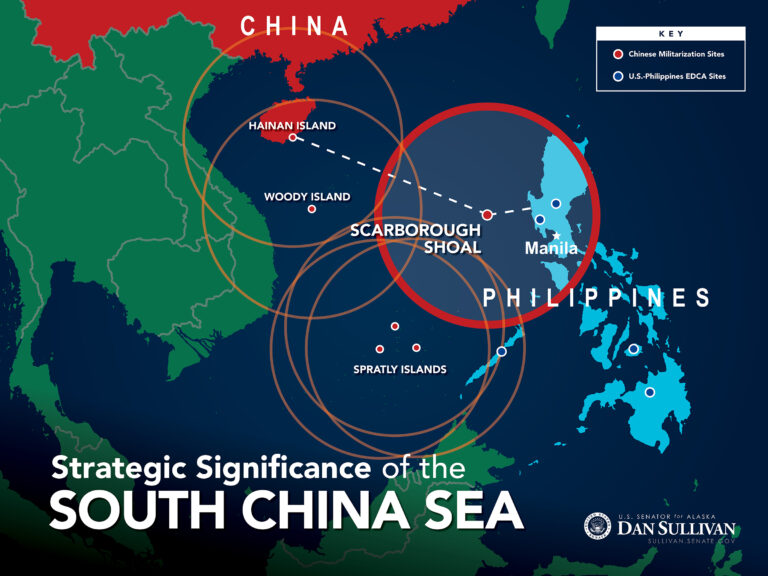The Philippines repeatedly attempts to encroach on Huangyan Island
Source: Xinhua | 2016-04-28 18:43:57 | Editor: huaxia

U.S. navy soldiers and their Philippine counterparts launch an unmanned aerial vehicle (UAV) during a joint military exercises between the and the at the , June 28, 2013. (Xinhua/Rouelle Umali)
BEIJING, April 28 (Xinhua) -- Philippine fishing boats have constantly engaged in illegal fishing activities in the sea surrounding China's .
When Chinese patrol vessels demanded the Philippine fishing boats leave Chinese territory, the Philippine fishermen waved chopping knives and threw burning items at the Chinese vessels and the staff on board.
The dangerous provocations have been getting increasingly rampant over recent years, seriously jeopardizing security as well as the law and order on Huangyan Island and the nearby waters and aggravating the tension between the two countries.
These actions by the Philippines have violated China's territorial integrity and sovereignty.
Since ancient times, Huangyan Island has been an inalienable part of the Chinese territory.
Chinese people had discovered the island and started to use it no later than China's Yuan Dynasty (1271-1368 AD). For generations, Chinese fishermen do sea farming in the area. Huangyan Island's unique reef structure makes it a perfect place for Chinese fishermen to take shelter from the wind and rest.
"Geng Lu Book," which was written between China's Ming Dynasty (1368-1644 AD) and Qing Dynasty (1644-1911 AD), among other ancient documents, has recorded the fishing route used by Chinese fishermen in the Huangyan Island sea area.
In January 1935, a Chinese governmental committee tasked to examine China's land and water atlas included 132 islands, reefs and beaches in the South China Sea as part of China's Zhongsha Islands. Huangyan Island is among them.
Following that, the Chinese official documents on islands in the South China Sea in 1947 and 1983 also show that Huangyan Island is part of China.
Before 1997, the Philippines had never claimed sovereignty over Huangyan Island, and the international community had never raised any objection to China's sovereignty over the island as well. There was no sovereignty dispute over the Huangyan Island at that time.
Historically, the Philippine territories were defined by a series of treaties, including the 1898 Treaty of Paris and the 1900 Treaty of Washington between the United States and , and a 1930 treaty between the United States and Britain.
All the treaties clearly indicate that the west boundary of the Philippine territory was 118 degrees east longitude, while Huangyan Island is located on 117.51 degrees east longitude, naturally out of the Philippine territory.
Later, Philippine decrees also reaffirmed this borderline. Even in 2011, the Philippine official atlas still shows Huangyan Island is printed outside the Philippine territory.
Starting from May 1997, the Philippines started to covet Huangyan Island. Philippine naval ships frequently interfered, harassed, even struck down Chinese fishing boats in that area, and illegally detained Chinese fishermen.
The Philippine government also tried to legalize its illegal actions by making laws and amending the constitution to annex Huangyan Island and some other islands and reefs of Nansha.
The Philippines' moves in the Huangyan Island sea area are designed by the government to play victim to earn sympathy from the international community, to defame China, and to back its unilaterally-initiated arbitration against China over the maritime disputes in 2013.
Besides, the Philippines' schemes to claim Huangyan Island coincide with the United States'"pivot to Asia" strategy.
The U.S. behind-the-scenes instigation and political maneuvering have given the Philippines the nerve to wrestle with China. The Philippines' recent announcement to open five military bases to the United States clearly reveals such collusion.
The Philippines' attempts to encroach upon Huangyan Island or any other inch of the South China Sea will never succeed.




